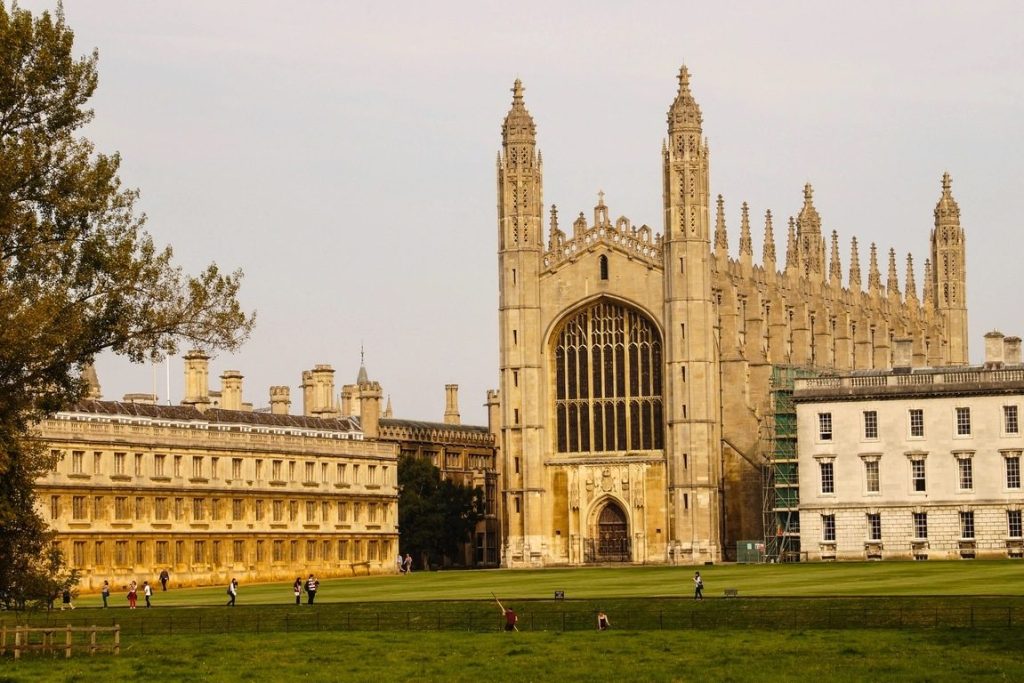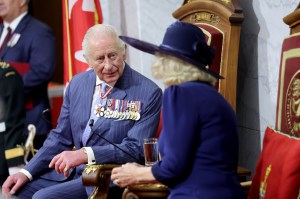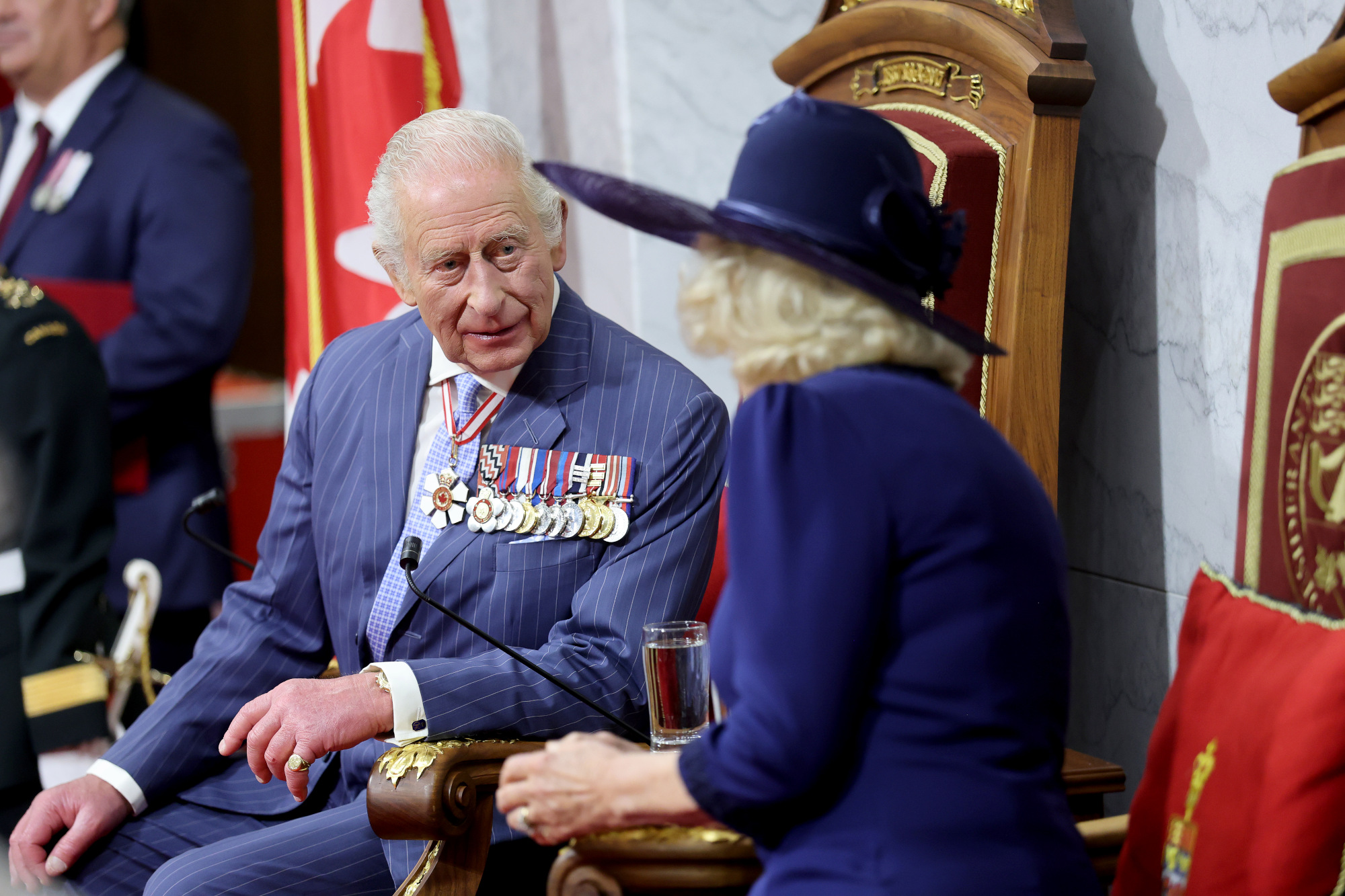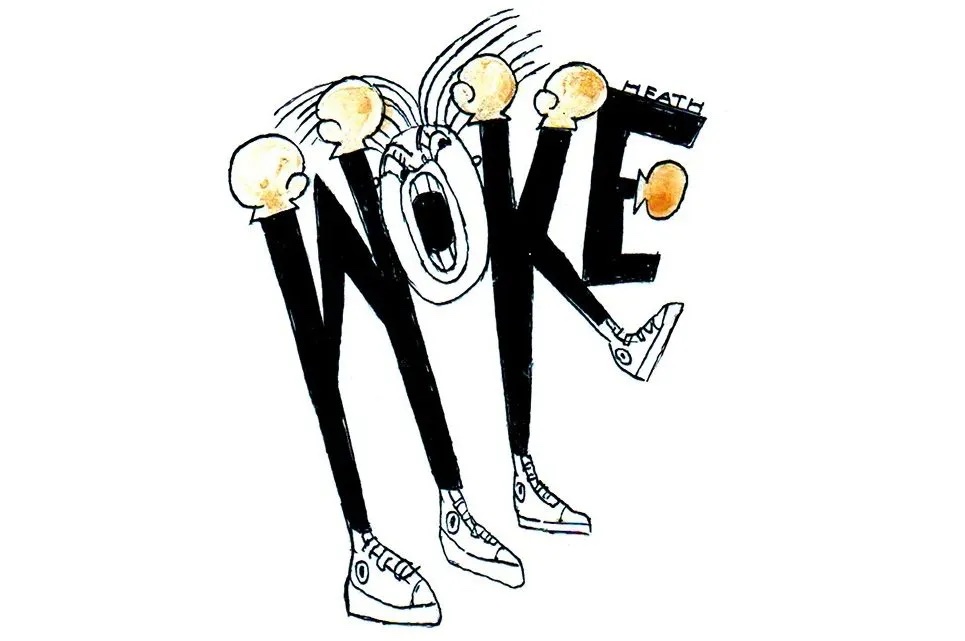Here’s something that will make John Cleese splutter on his cornflakes. The Cambridge Footlights — the comedy society at one of Britain’s top universities whose alumni include Cleese, Eric Idle, Hugh Laurie and Emma Thompson — is now recruiting for a new “sensitivity reading” service to ensure that “all student comedy” is as “inclusive and welcoming as possible.” This is “to check for potential oversights regarding racism, classism, sexism, homophobia, transphobia and ableism, or any other kind of sensitive or upsetting material” to suggest “things that could be rephrased or improved, or things that should be cut.”
The new “optional request for any student-written comedy” will involve a member of the Footlights Committee offering to vet submissions and conferring with the other members of their panel as to any necessary changes. A briefing document for members seen by The Spectator stresses that this is “an opt-in service and is not at all compulsory” and promises that “this is not a joke deletion service… we would seek to maintain all the humor and hopefully we’re qualified to do this.” It also asserts in bold that “this is not censorship” and that “we are not trying to stop students pushing the boundaries on what is acceptable… we are only offering a second, uninvolved opinion on your work, specifically to check whether it comes across as punching up rather than down.”
But by that logic, would the “Class System” sketch have made the cut?
Cockburn looks forward to finding out what Cleese and others make of all this…
This article was originally published on The Spectator’s UK website.

























